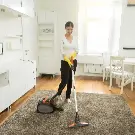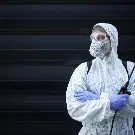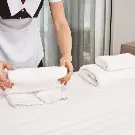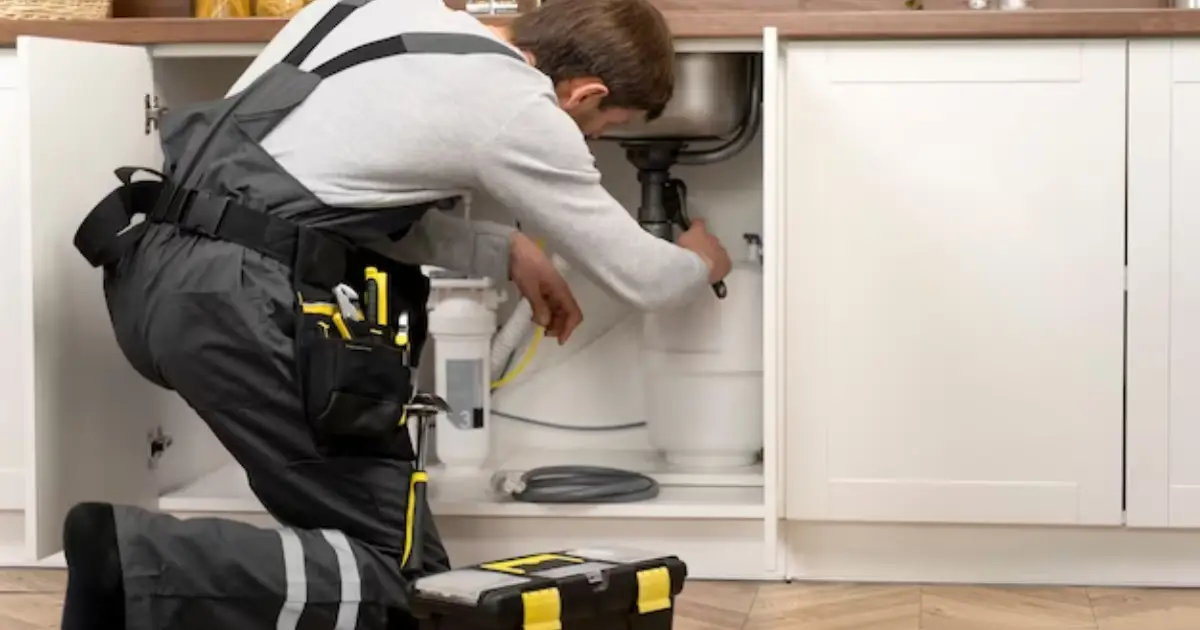
Have you ever wondered where the tiny flies that you saw near your drains came from? Drain flies are tiny, gnat-like insects drawn to organic matter in decay. Understanding the signs of pest infestation can help you identify the problem early and take effective measures. They can build up in moist areas such as drains, garbage disposals, and other places where food scraps and other organic matter can accumulate. This is what you need to know if you want to walk into the bathroom without being greeted by drain flies hovering around the toilet and sink.
Why Drain Flies are More Than Just a Nuisance
Exacerbation of Asthma and Allergy Symptoms
For those who already grapple with respiratory issues like asthma or allergies, the presence of drain flies can worsen their symptoms. Understanding the importance of pest control is crucial, especially if you're dealing with respiratory issues exacerbated by pests like drain flies.These insects release allergenic proteins that, when inhaled, can trigger or exacerbate breathing problems. The relationship between "flies and allergies" is an important one to consider, especially if you or your loved ones are prone to such conditions.
Transmission of Diseases
While not as common as other insect vectors, drain flies can transmit diseases like myiasis and microfilaria. Myiasis is a parasitic infection caused by fly larvae that can develop when flies lay their eggs in open wounds or mucous membranes. Microfilariae, on the other hand, are parasitic worms spread by biting insects. While discussing the risks of diseases like myiasis, it's also vital to be aware of other signs of pest infestation in your home.Though not widespread, these diseases underscore the potential health risks associated with drain fly infestations.How do flies affect plumbing.
How do flies affect plumbing?
- Spreading bacteria: Flies can spread bacteria from drains, garbage disposals, and other areas where food and other organic matter can accumulate on other surfaces in your home. This can pose a health risk to you and your family.
- Clogging drains: Flies can lay eggs in drains and pipes. When the eggs hatch, the larvae can build up and cause clogs. This can lead to slow drainage and water backing up.
- Damaging pipes: Fly larvae can feed on the organic matter that builds up in pipes. This can damage the pipes and lead to leaks.
- Attracting other pests: Flies can attract other pests, such as cockroaches and ants. These pests can also cause problems with your plumbing. There are strategies that not only address flies but also provide comprehensive home pest control, ensuring all aspects of your home are protected.
5 Actionable Tips to Eliminate Drain Flies (Effective Drain Fly Removal Methods)
1. Clean the Sink
Begin by addressing the source of the problem: your sink. Fly prevention begins with regular cleaning. Scrub the sink thoroughly, concentrating on the drain area. The cleaner your sink is, the less appealing it is to these pesky insects.
While focusing on drain flies, it's equally important to adopt a holistic approach to pest prevention. This includes familiarizing yourself with a variety of methods to maintain a pest-free environment, which can be explored in depth through various resources, including helpful tips to keep pests at bay.
Using a Pipe Brush for Thorough Cleaning
For a deep clean, invest in a pipe brush. This tool allows you to reach the nooks and crannies where drain flies hide and breed. It's a handy addition to your cleaning arsenal to combat drain fly infestations effectively.
2. The Power of Boiling Water
How Boiling Water Eliminates Flies and Clears Drain Muck
Boiling water is a natural and potent remedy to eradicate drain flies. Pour a kettle of boiling water down the infested drain to kill both adult flies and their larvae. This simple yet effective technique can clear out the muck that serves as a breeding ground for these insects.
3. Baking Soda: The Natural Drain Cleaner
Mixing baking soda with vinegar creates a foaming, powerful drain cleaner. Pour a cup of baking soda down the drain, followed by a cup of white vinegar. Let it sit for about 15 minutes, then flush with hot water. This process breaks down organic matter and helps eliminate drain flies and their habitats.
4. Commercial Cleaners: Pros and Cons
Pros of Commercial Cleaners for Flies:
- Effective: Strong insecticides can quickly kill and repel flies.
- Convenient: easy to access and use.
- Fast-acting: Provides immediate relief from fly infestations.
- Versatile: suitable for both indoor and outdoor use.
- Long-Lasting: Some products provide long-term fly control.
Cons of Commercial Cleaners for Flies:
- Chemical Exposure: May contain hazardous chemicals that pose health risks if used for an extended period of time.
- Environmental Impact: Some cleaners are harmful to the environment because they contain non-biodegradable or toxic ingredients.
- Resistance: Over time, flies can develop resistance to certain chemicals.
- Quality cleaners can be costly, especially for severe infestations.
- Temporary Solution: Requires multiple applications and provides only short-term relief.
Are Commercial Cleaners Safe for Pipes?
Commercial drain cleaners can be effective at removing drain flies, but they are not without risks. They contain chemicals that are potentially harmful to pipes and the environment. Use them with caution and as a last resort, ensuring that they are safe for your particular plumbing.
5. Catching the Remaining Drain Flies with an Apple Cider Vinegar Trap
Set up an apple cider vinegar trap to catch any remaining drain flies. Fill a small bowl halfway with apple cider vinegar and a few drops of dish soap. Plastic wrap the bowl and poke small holes in it. The flies are drawn to the vinegar, become entangled, and drown in the soapy solution.
It's essential to take proactive measures against drain flies to prevent infestations. Regular cleaning and using natural remedies such as boiling water and baking soda can effectively eliminate these pesky insects. However, if the infestation persists or becomes severe, it's crucial to seek professional help. A pest control expert can provide a tailored solution and ensure the safety of your home and family. Don't wait until it's too late; take timely action and seek help when needed.
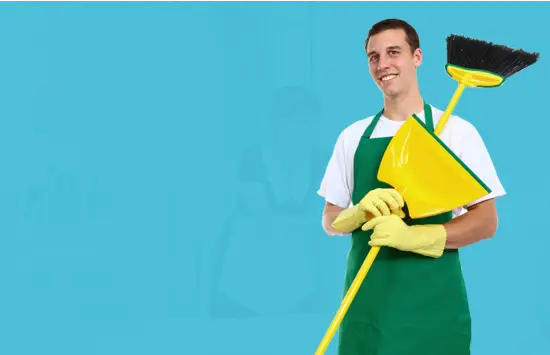
Professional Cleaning Services in Brisbane
book now
Recent Posts
-

Top 10 Bond Cleaning Tips to Ensure You Get Your Full Deposit Back
January 18, 2024
Admin
-
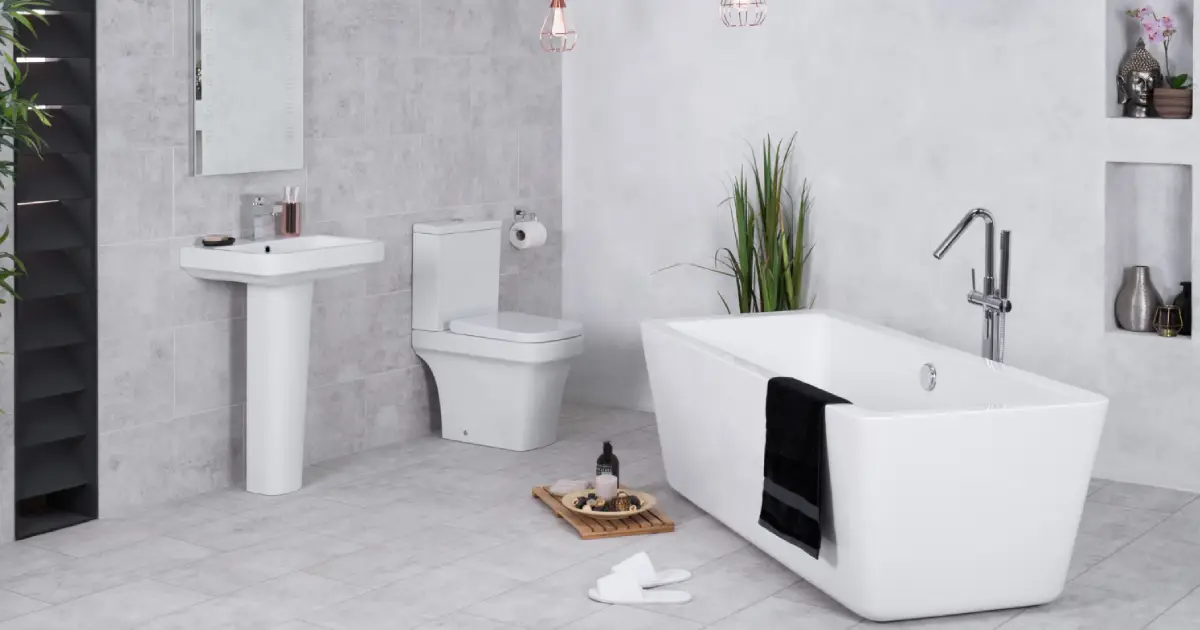
The Ultimate Guide to Getting Rid of Bathroom Odors
December 30, 2023
Admin
-

Renter's Guide to End-of-Lease Cleaning: Scrubbing Away Stress!
December 28, 2023
Admin
-

How to Eliminate Drain Flies
December 04, 2023
Admin
-

A Comprehensive Guide to Polishing Tiles
December 04, 2023
Admin
-
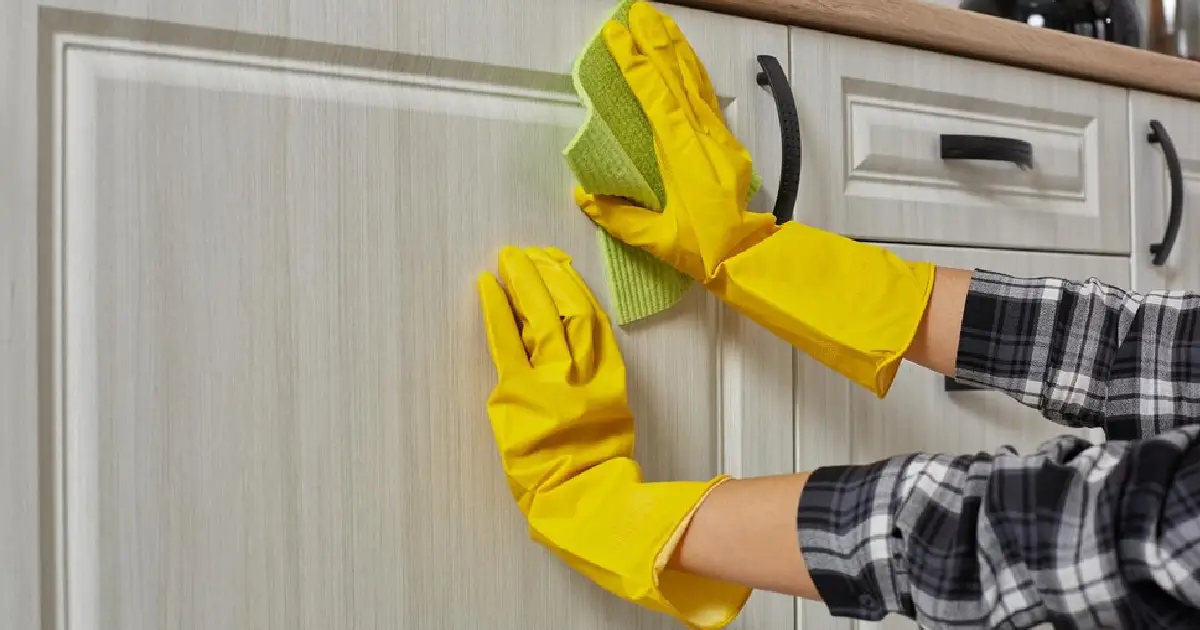
Why Do Your Cabinets Need More Attention Than You Think?
November 16, 2023
Admin
-
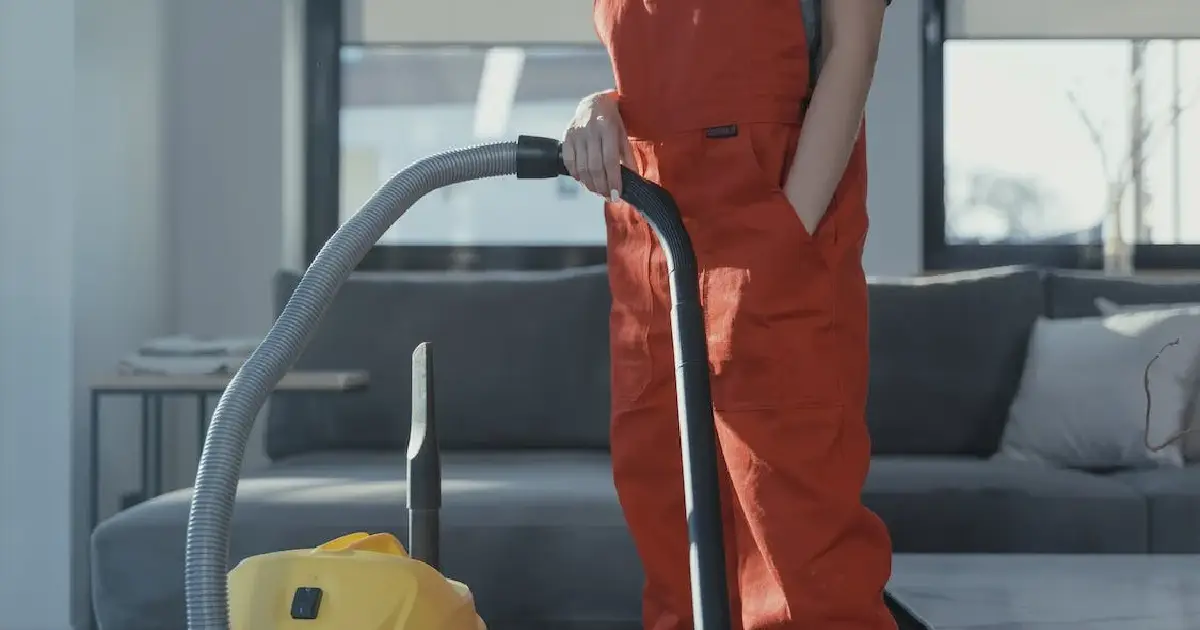
Are Upholstery Cleaners Worth It?
October 30, 2023
Admin
-
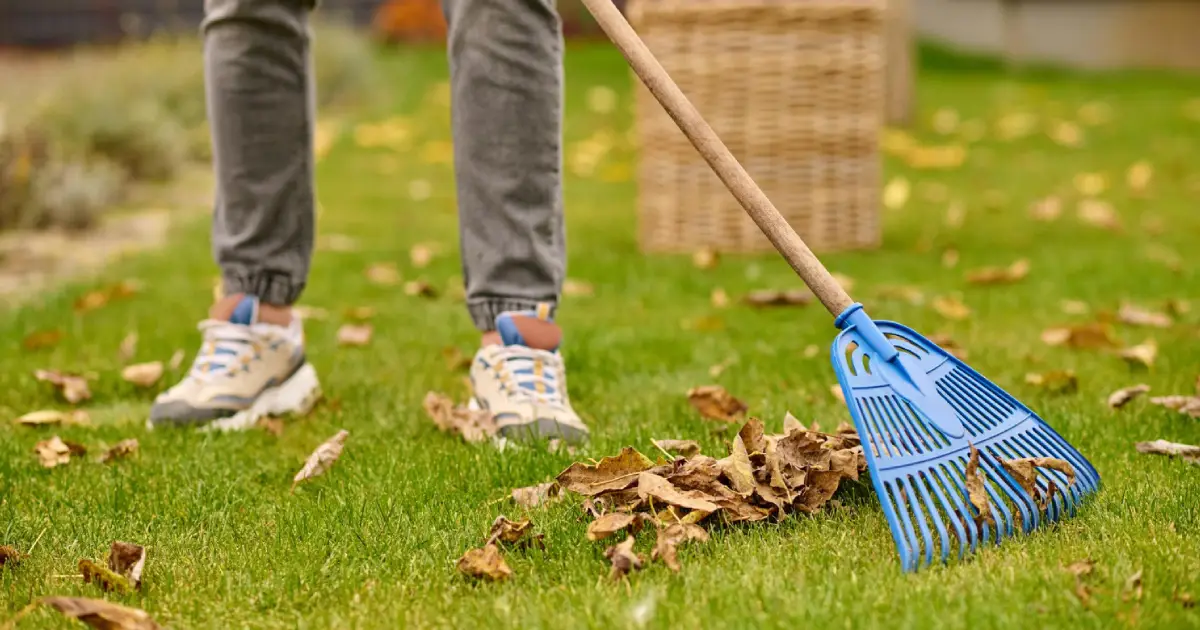
The Ultimate Winter Cleaning Checklist For Your Home
August 03, 2023
Admin
-
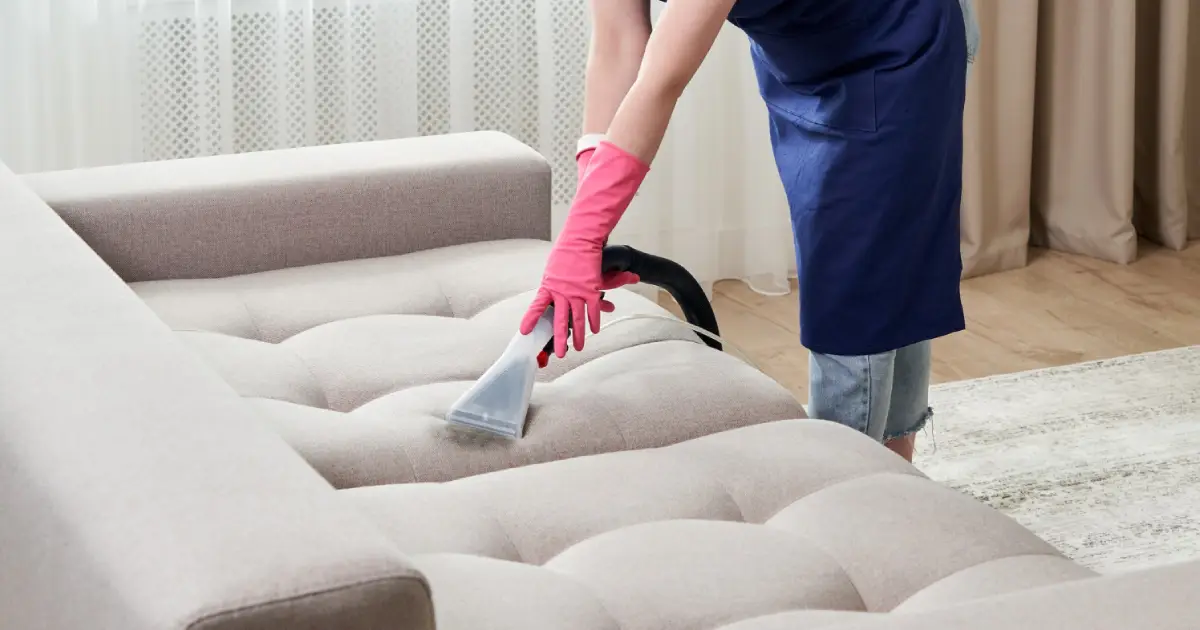
Winter Care: Effective Upholstery Cleaning
July 31, 2023
Admin
-

Ten Tips For Carrying Out Your Own Car Maintenance
March 24, 2023
Admin
-
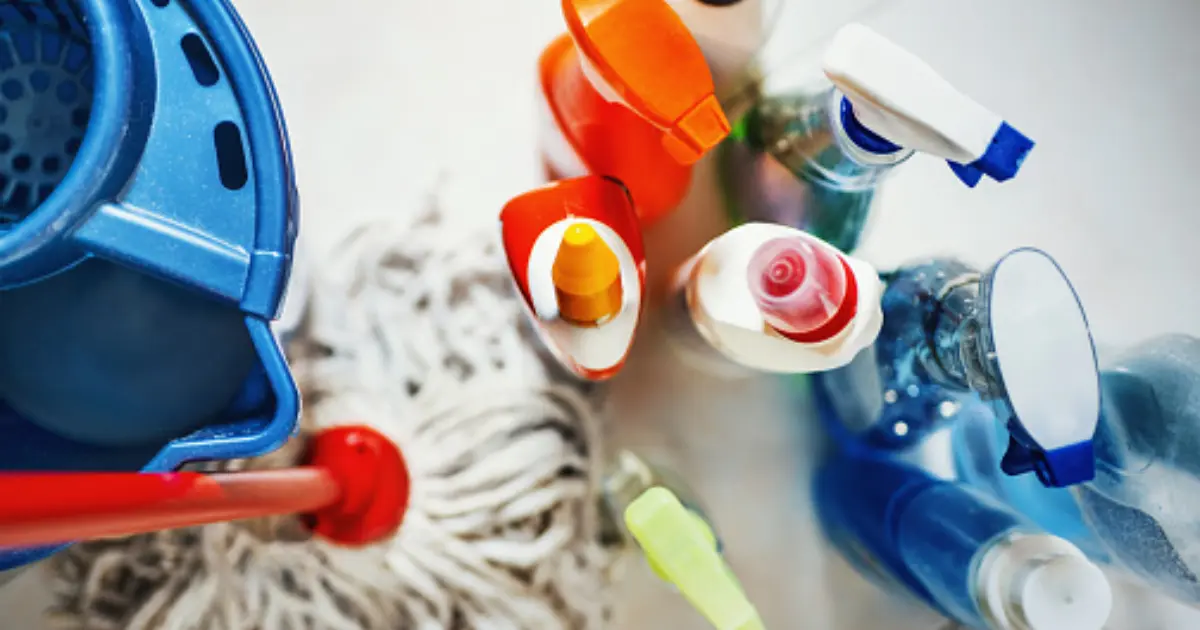
7 Tips for Cleaning Hard-to-Reach Areas in Your Home
March 02, 2023
Admin
-
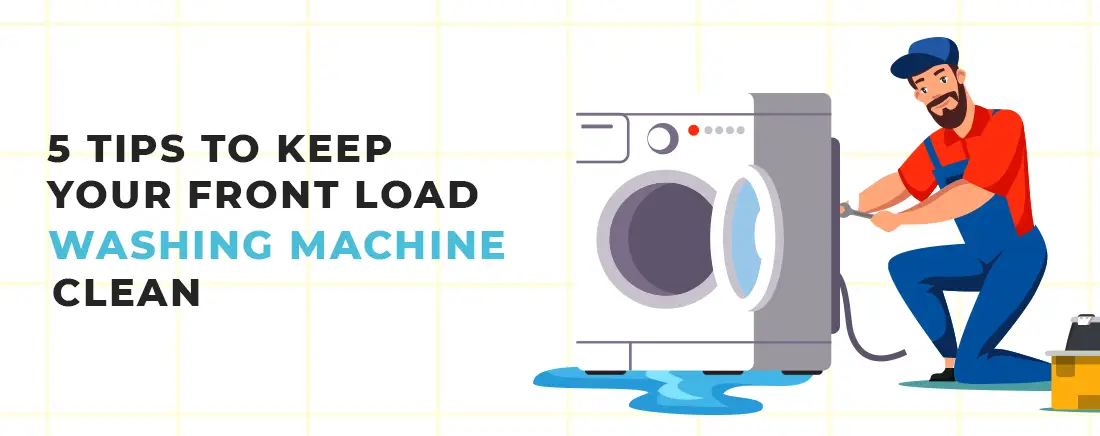
5 Tips To Keep Your Front Load Washing Machine Clean
May 31, 2022
Admin
-
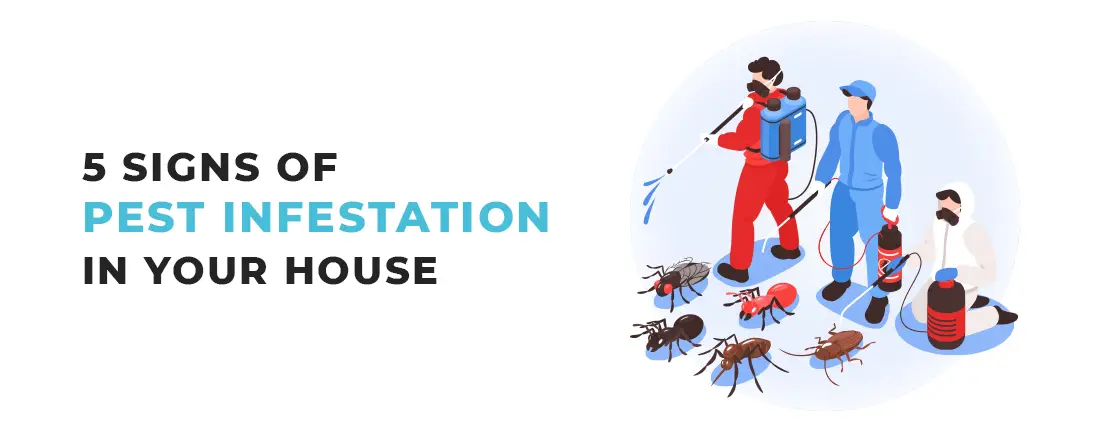
5 Signs Of Pest Infestation In Your House
May 27, 2022
Admin




